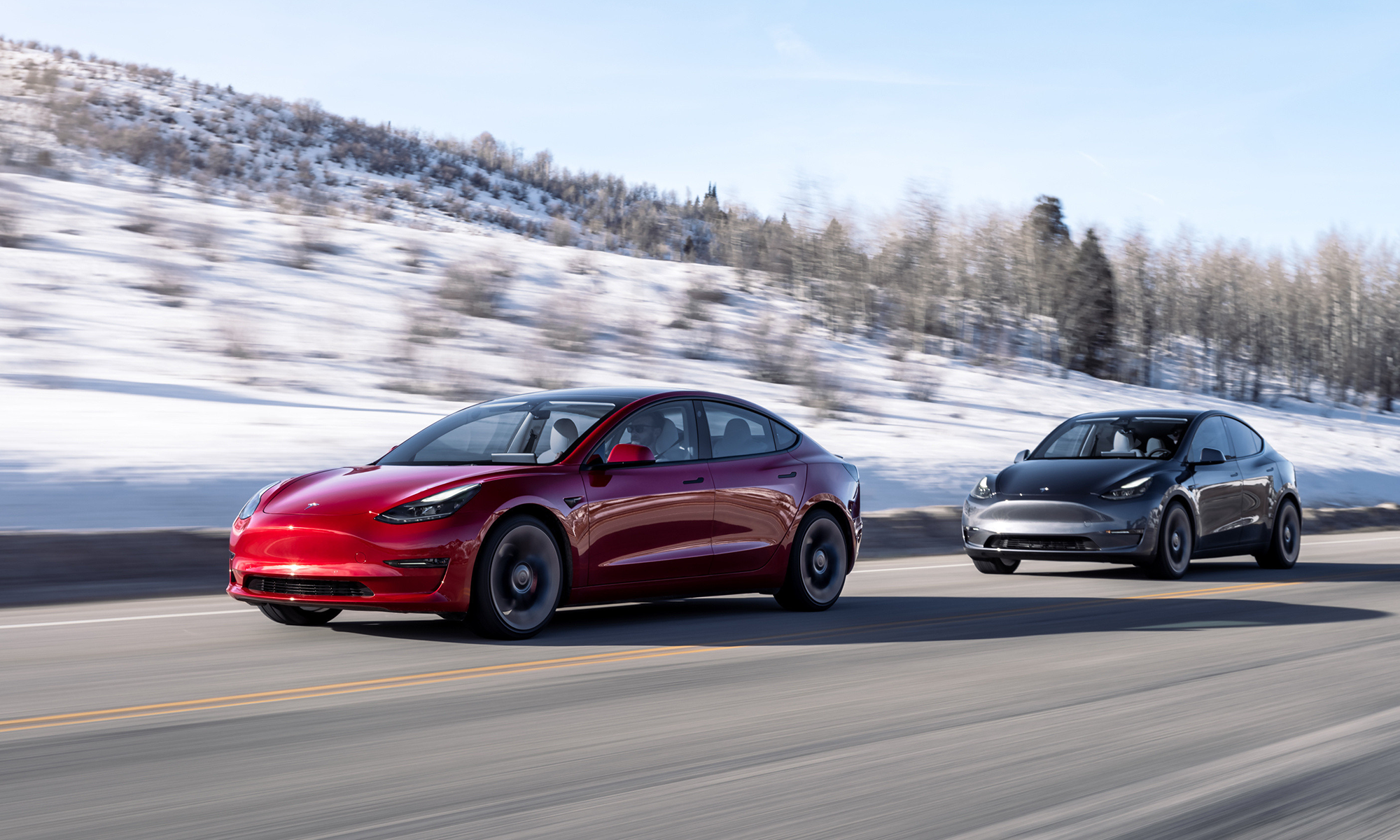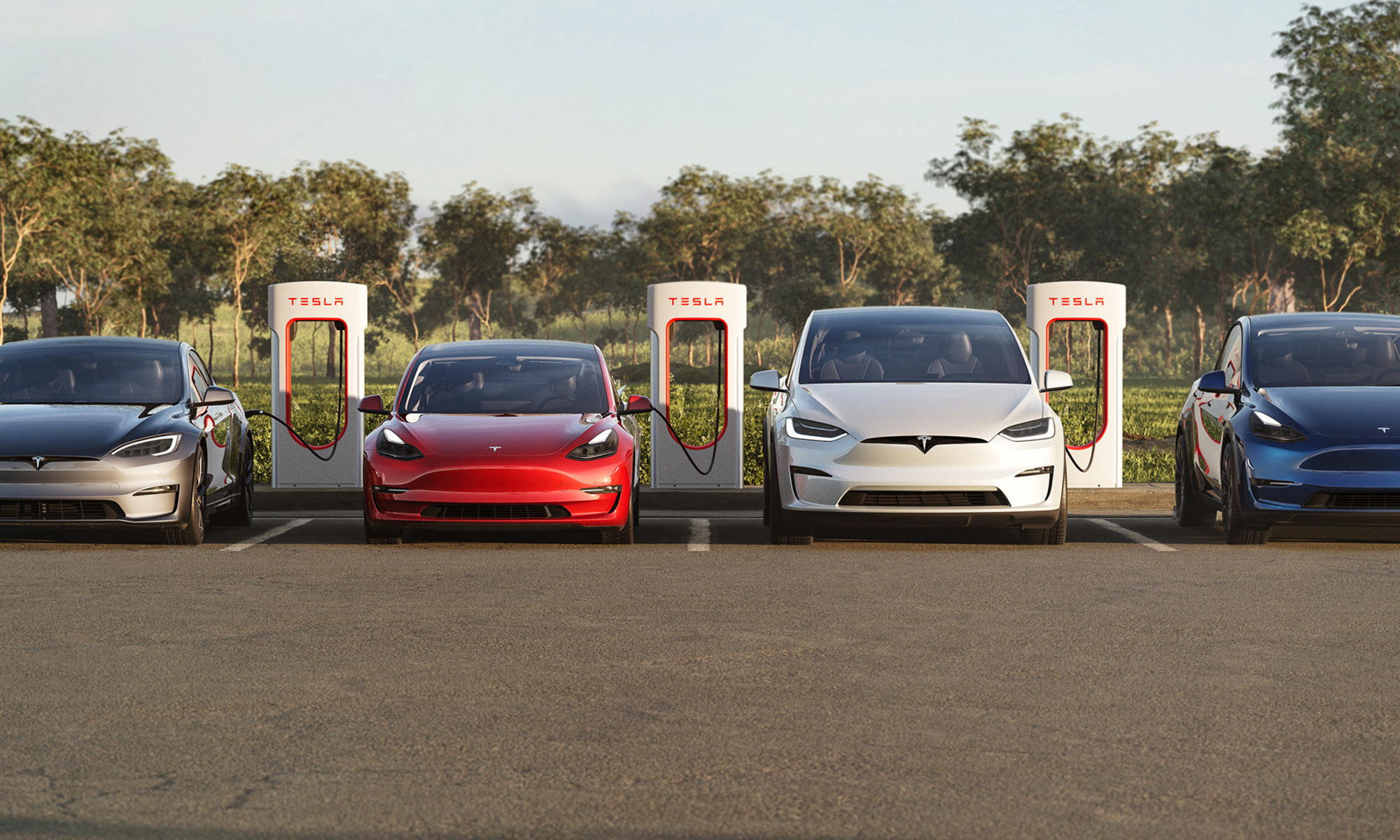Tesla (TSLA 3.36%) is among 2020's hottest stocks. As of market close on Monday, the electric-car maker's shares are up more than 250% year to date. Meanwhile, the S&P 500 is down 2%. The stock's rise reflects investors' growing confidence in the company's long-term prospects as Tesla demonstrates impressive execution.
But has the stock got ahead of itself? After all, the stock's valuation now prices in not only massive business growth, but also significant improvements in profitability in the years to come.
Are shares priced for perfection? Or is there still room for Tesla stock to run?

Model 3. Image source: Tesla.
Valuing Tesla stock
It's helpful for investors to understand exactly what kind of growth is priced into the stock today.
For Tesla's market capitalization to rise at an average rate of 10% annually over the next 10 years from its current level, the company would have to have a market cap of about $721 billion 10 years from now. What would it take to command such a high price tag? Tesla would probably need annual net income of around $14 billion to $15 billion. Assuming the company trades at 50 times earnings (a reasonable price-to-earnings ratio if Tesla truly does prove it can grow that fast over the next 10 years), Tesla could command a market cap of about $700 billion to $750 billion in 2030.
What kind of sales growth might it take for profitability to rise to this level? If Tesla can achieve BMW's net profit margin of about 5% in 10 years, the company would need sales of about $280 billion to $300 billion by 2030 to achieve net income of about $14 billion to $15 billion, implying an average annual sales growth rate of about 27%.
Are expectations too high?
With Tesla's revenue having grown much faster than 27% annually over the last five years, the above scenario may sound likely to some investors. But there are some major risks to the assumptions in this model. First and foremost, there's a chance that profitability proves to be more futile than Tesla shareholders anticipate. In addition, if Tesla's growth slows significantly toward the end of this 10-year period, investors may not believe the electric-car maker's stock is worth 50 times earnings at the time; and if the stock commands anything less than a price-to-earnings ratio of 50 in 2030 (on $14 billion to $15 billion of net income), the stock's return between now and then could be subpar.
Of course, there's always a chance that Tesla will exceed even investors' highest expectations. Perhaps, for instance, electric cars become more profitable than gas cars ever were, leading to a much higher net margin than 5%. Further, if Tesla's software and driver-assist features get significantly better and help the automaker widen its technological lead over competition, the company may be able to earn more money from its vehicle software than the market anticipates.
The spectrum of potential outcomes is enormous. But given the wild growth that is priced into Tesla stock today, investors may want to hope for the stock to fall in order to help lower the risk of investing in a business that may be priced for perfection.
Big catalysts on the horizon
Does this mean current Tesla shareholders should sell their Tesla stock? Not necessarily. In light of the electric-car maker's strong execution recently, including the launch of a new factory in China in 2019 and the beginning of Model Y deliveries earlier this year, investors may want to continue holding. Of course, this assumes shareholders are willing to endure significant volatility. Following such a huge run for Tesla stock, volatility is almost a given in the coming months.
Tesla's business may still be early in its growth story. Even in the near term, the automaker's growth could be significant. The company's March-launched Model Y, for instance, has the potential to outsell the company's best-selling car (Model 3). After all, SUVs like the Model Y often outsell sedans in many markets. Further, Tesla is notably planning significant production capacity expansion this year -- and it doesn't plan on slowing down next year.
Later this month, investors will get a timely window into Tesla's business to see if it is living up to expectations. The electric-car maker reports earnings on July 22.






